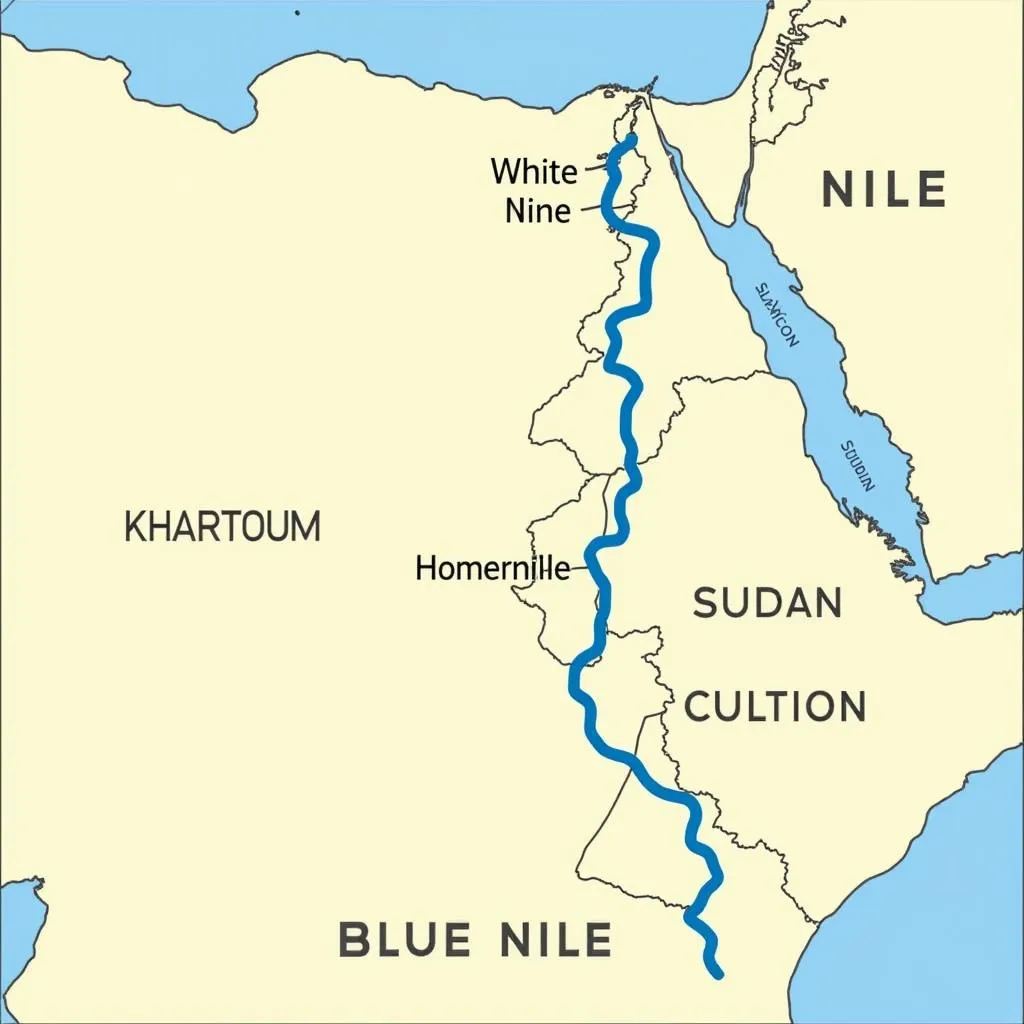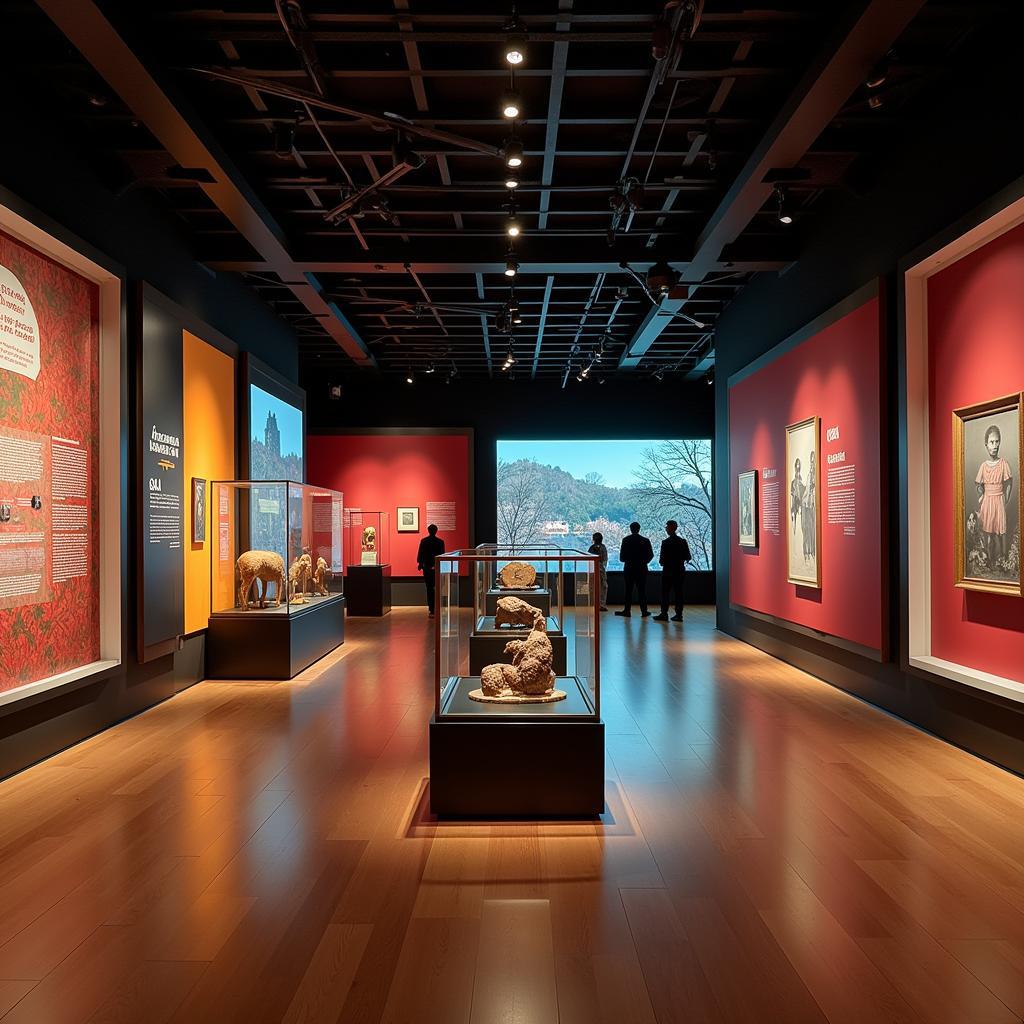Discovering African Animals: Their Swahili Names
Swahili, a vibrant language spoken across East Africa, offers a unique lens into the region’s rich biodiversity. Learning the Swahili names for African animals adds a deeper dimension to wildlife encounters, connecting us to the cultural heritage and natural wonders of the continent. This article explores the fascinating world of African animals and their Swahili names.
Unveiling the Swahili Names of Iconic African Animals
From the majestic lion to the graceful giraffe, Swahili names often capture the essence of the animal. Let’s delve into some examples:
- Simba (Lion): The king of the jungle, known for its power and regal presence.
- Twiga (Giraffe): The tallest mammal, its name reflects its towering height.
- Tembo (Elephant): A gentle giant, its name emphasizes its immense size and strength.
- Kiboko (Hippopotamus): A semi-aquatic mammal, its name signifies its connection to water.
- Chui (Leopard): A stealthy predator, its name hints at its elusive nature.
Learning these Swahili names adds depth to our understanding and appreciation of these incredible creatures. It’s like learning a secret language that unlocks a deeper connection to the African wilderness. What other animals are you curious about?
Exploring the Diversity of African Wildlife Through Swahili
The Swahili language encompasses a wide range of animal names, reflecting the incredible biodiversity of the African continent. From the smallest insects to the largest mammals, each creature has a specific name in Swahili.
- Ndege (Bird): A general term for birds, showcasing the diversity of avian life in Africa.
- Samaki (Fish): Representing the abundance of aquatic life in rivers, lakes, and oceans.
- Nyoka (Snake): Encompassing the various snake species found across the continent.
- Mamba (Crocodile): A fearsome predator, its name evokes a sense of danger and respect. african dog names with meanings
These Swahili names not only identify the animals but also offer insights into their characteristics, behavior, and cultural significance.
Why Learn Swahili Animal Names?
Learning the Swahili names for African animals is more than just memorizing vocabulary. It fosters a deeper appreciation for the culture and natural heritage of East Africa. Imagine being on a safari and being able to identify animals by their Swahili names! african female dog names
- Cultural Understanding: It provides a glimpse into the rich cultural heritage of the Swahili-speaking people.
- Enhanced Wildlife Experience: It enriches wildlife encounters by adding a layer of cultural understanding.
- Conservation Efforts: It promotes awareness and appreciation of African wildlife, contributing to conservation efforts.
- Language Learning: It’s a fun and engaging way to learn Swahili, one of Africa’s most widely spoken languages. african cheetah names
Dr. Amani Jabari, a renowned linguist and anthropologist, emphasizes the importance of language in understanding culture. “Language is not just a tool for communication,” she states, “it’s a window into a culture’s worldview and its relationship with the natural world.”
Professor Zuberi Mwinyi, a wildlife expert, adds, “Learning the Swahili names for African animals allows us to connect with these magnificent creatures on a deeper level, fostering a sense of respect and responsibility for their conservation.”
Conclusion: Embrace the Language of the Savannah
Learning the Swahili names for African animals is a rewarding experience that deepens our understanding of the continent’s rich biodiversity and cultural heritage. So, next time you encounter an African animal, try using its Swahili name – it’s a small gesture that can make a big difference. african male names african dog names male
FAQ
- What is the Swahili word for lion? (Simba)
- How do you say elephant in Swahili? (Tembo)
- What is the Swahili name for giraffe? (Twiga)
- What does Kiboko mean in Swahili? (Hippopotamus)
- What is the general term for bird in Swahili? (Ndege)
- What’s the Swahili word for leopard? (Chui)
- How can learning Swahili animal names contribute to conservation? (By fostering appreciation and awareness)
Need assistance? Contact us 24/7: Phone: +255768904061, Email: kaka.mag@gmail.com, or visit us in Mbarali DC Mawindi, Kangaga, Tanzania.

